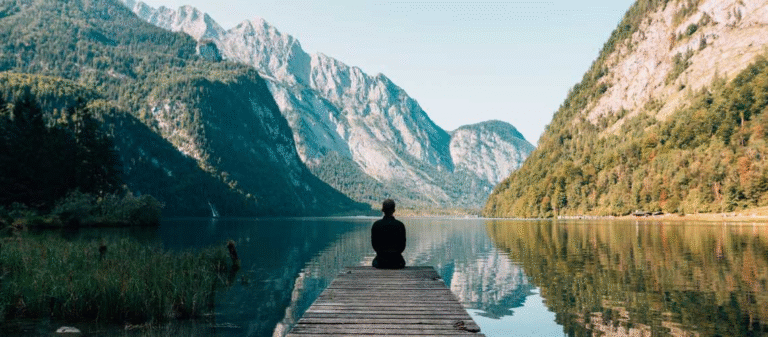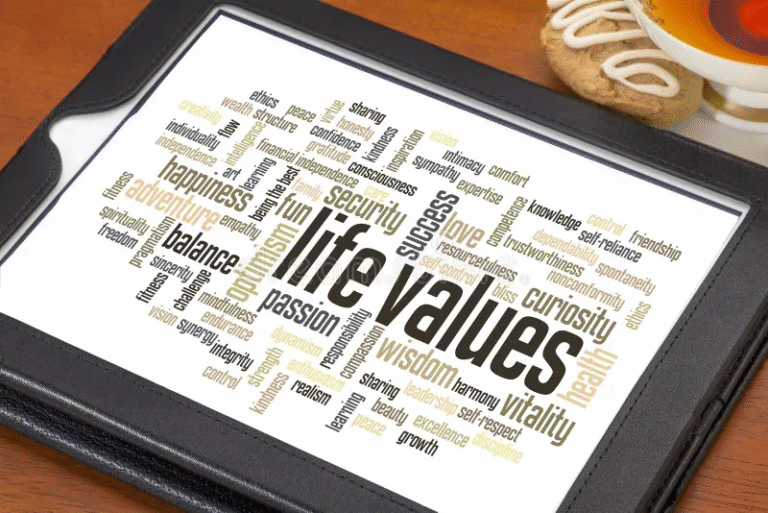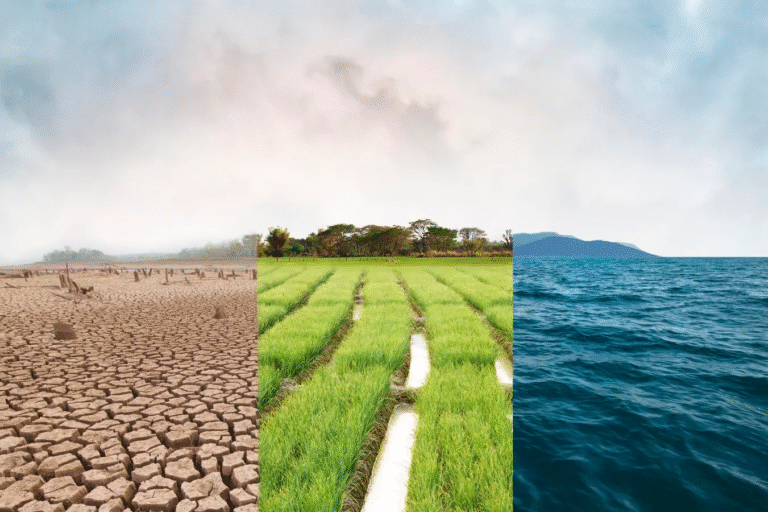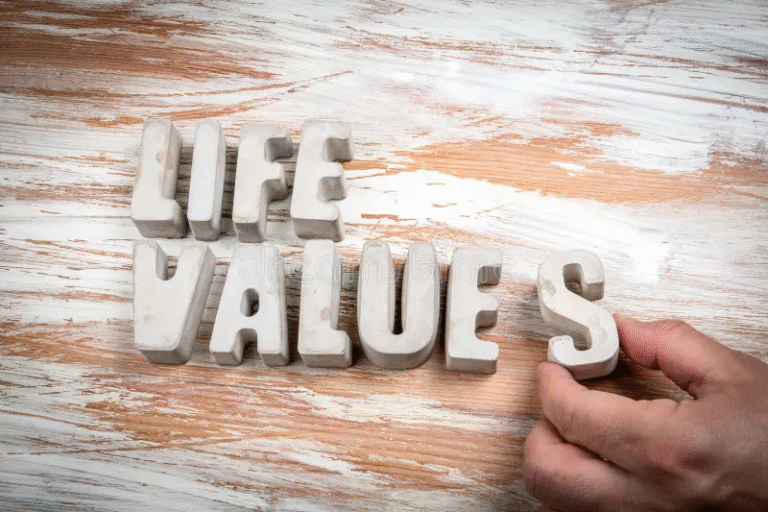BLOGS
BLOGS
Blogs Living a Meaningful Life: Lessons from a Global Journey Why Meaning Will Outlast Comfort Every...
Blogs From Adventure to Awareness: How a Life of Exploration Shapes Lasting Values Life moves fast...
Blogs The Future Belongs to the Brave: How Values Can Drive Climate Action Why Meaning Will Outlast...
Blogs How Personal Life Values and Circumstances Shape an Extraordinary Life You know how some books...
Blogs You Might See Your Life in a New Way After Reading ‘Values & Circumstances That...
Blogs What If “Values & Circumstances That Shaped a Life” Is the Book You Didn’t Know You...
Blogs Why Your Life Story Matters More Than You Think The Power of Personal Values in Shaping Your...
Blogs From Ethiopian Refugee to Bay Area Success: The Stories That Will Change How You See Your Own...
Blogs The 86-Year-Old Diplomat Who Cracked the Code to Understanding Your Life Purpose What Makes a...









